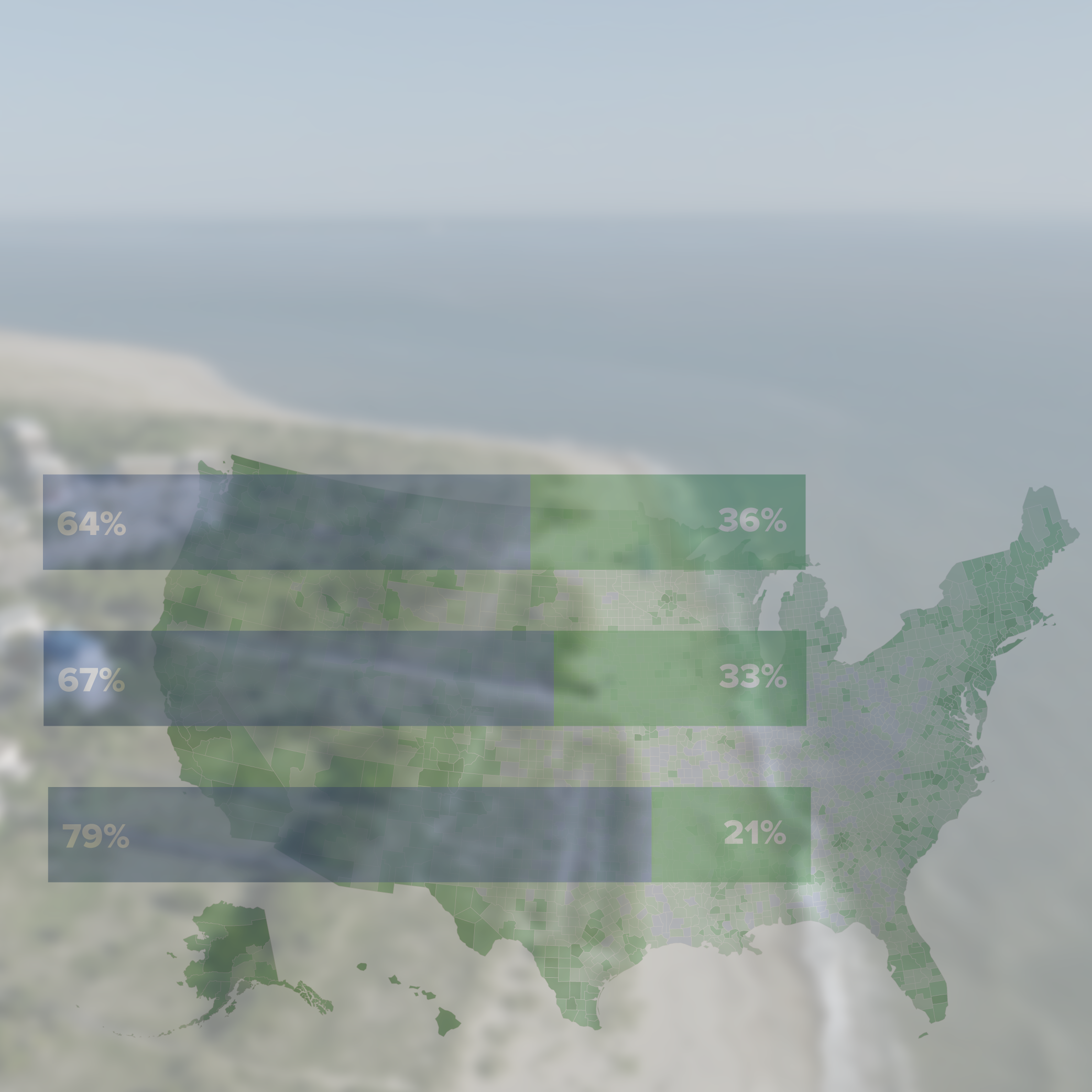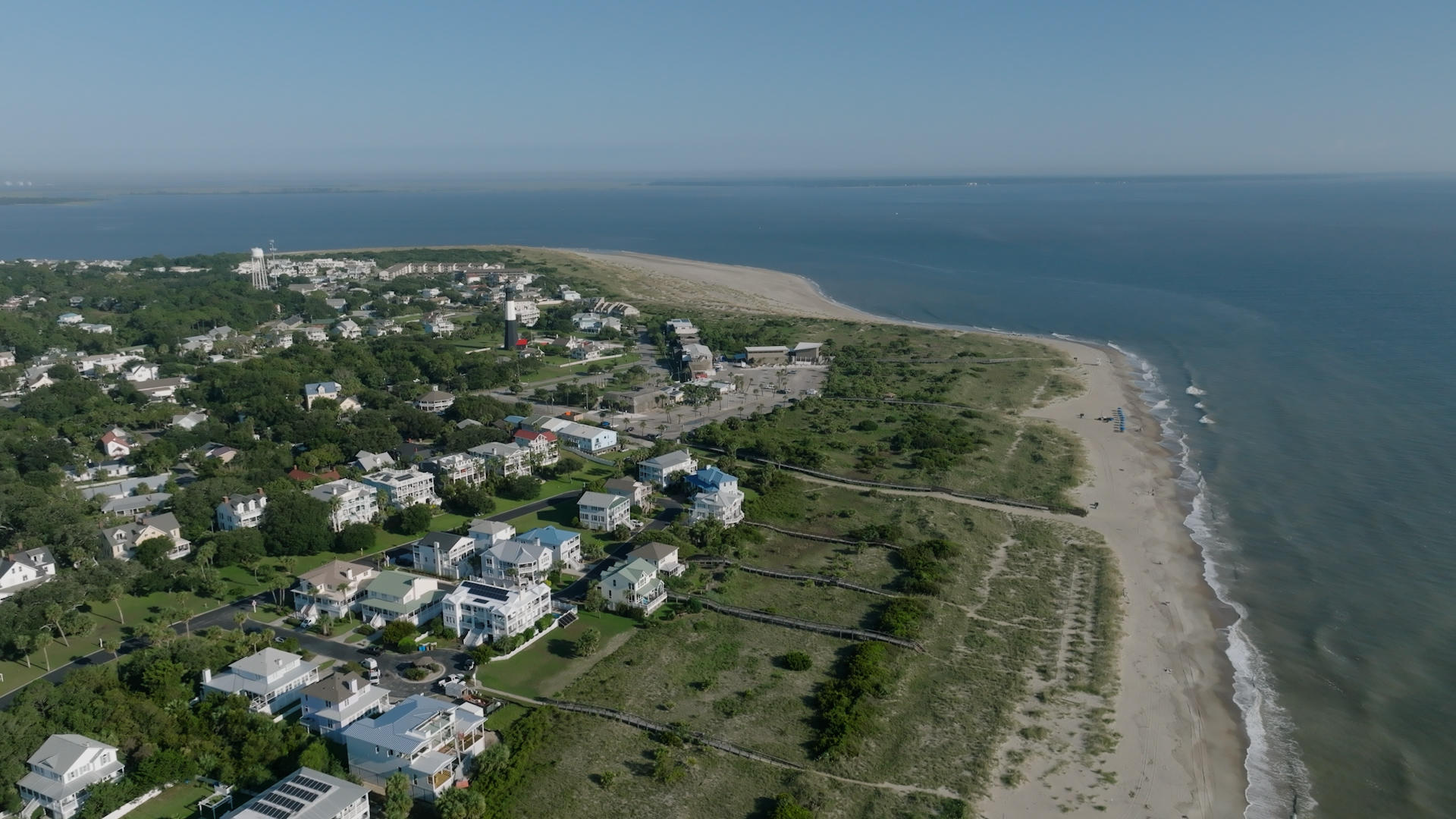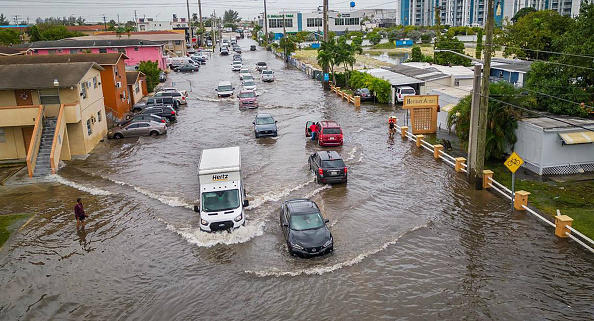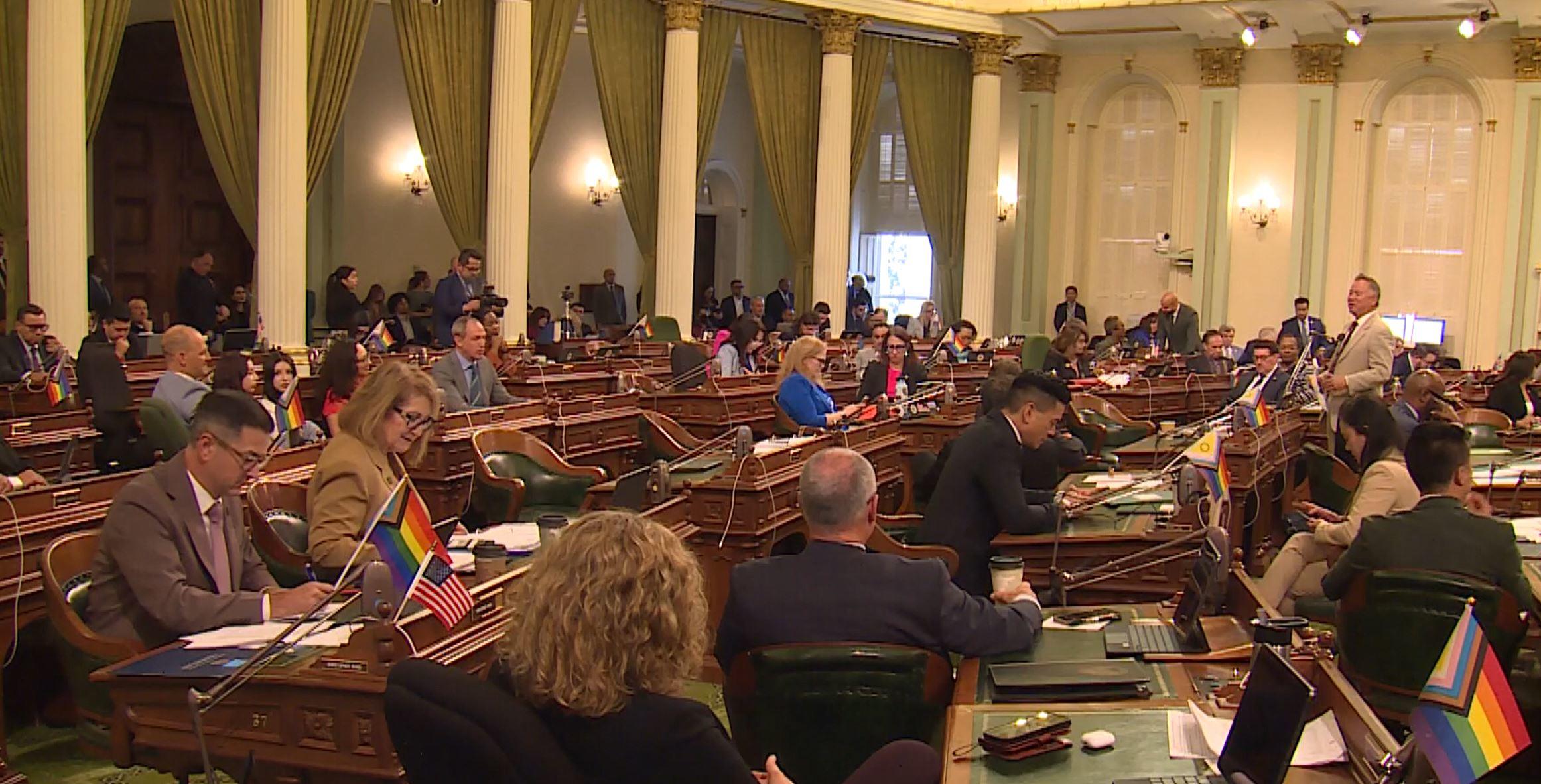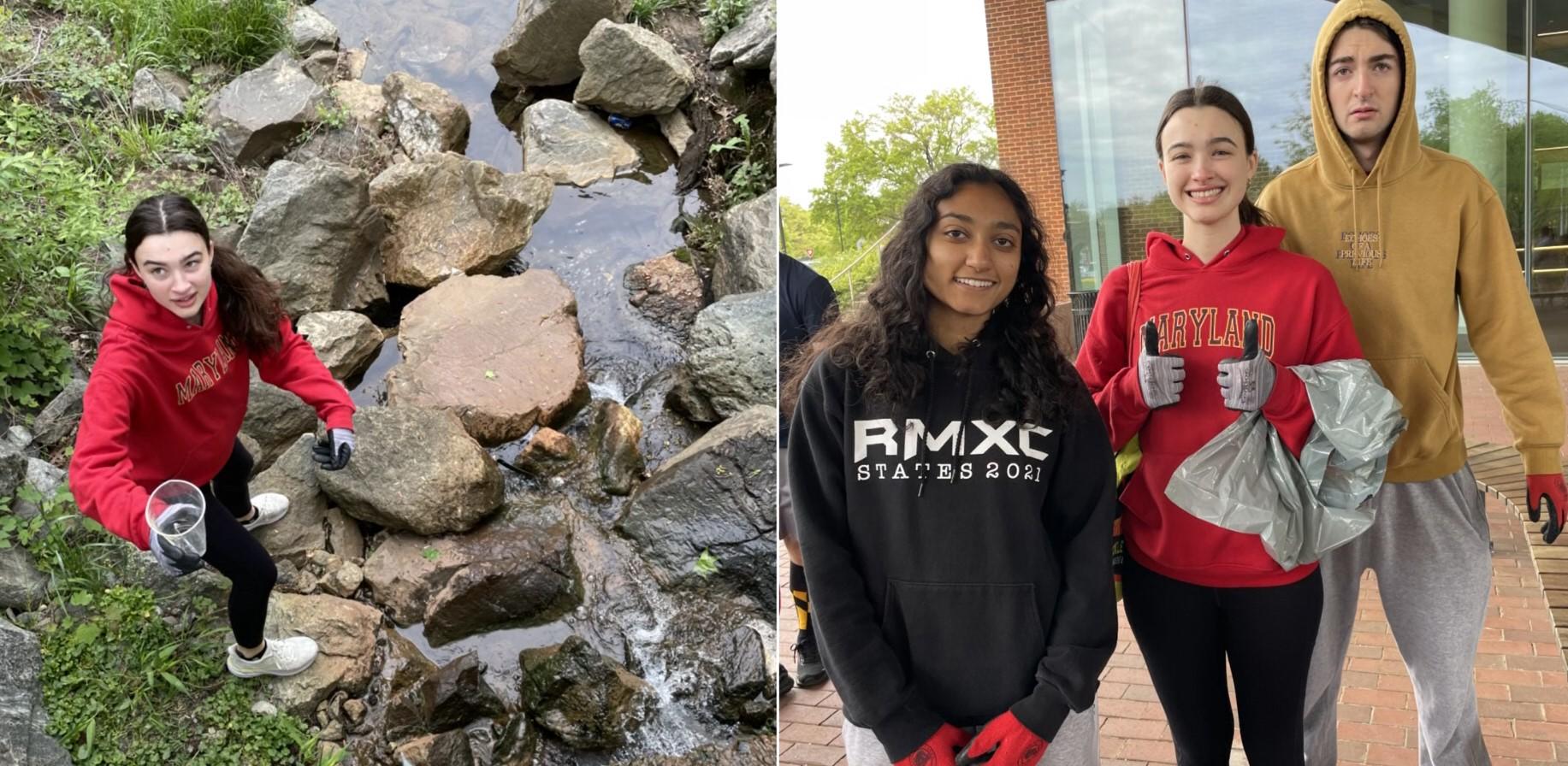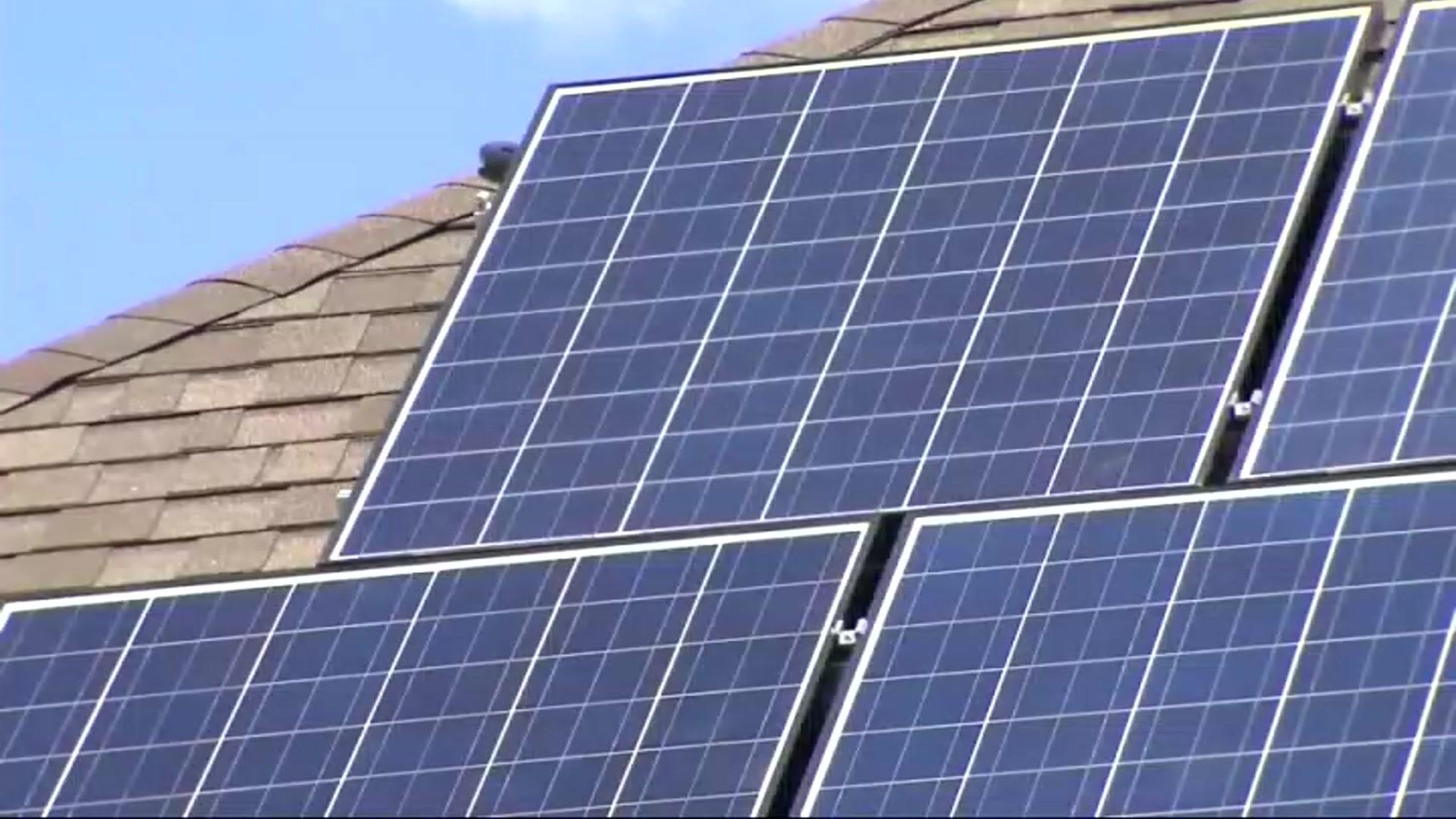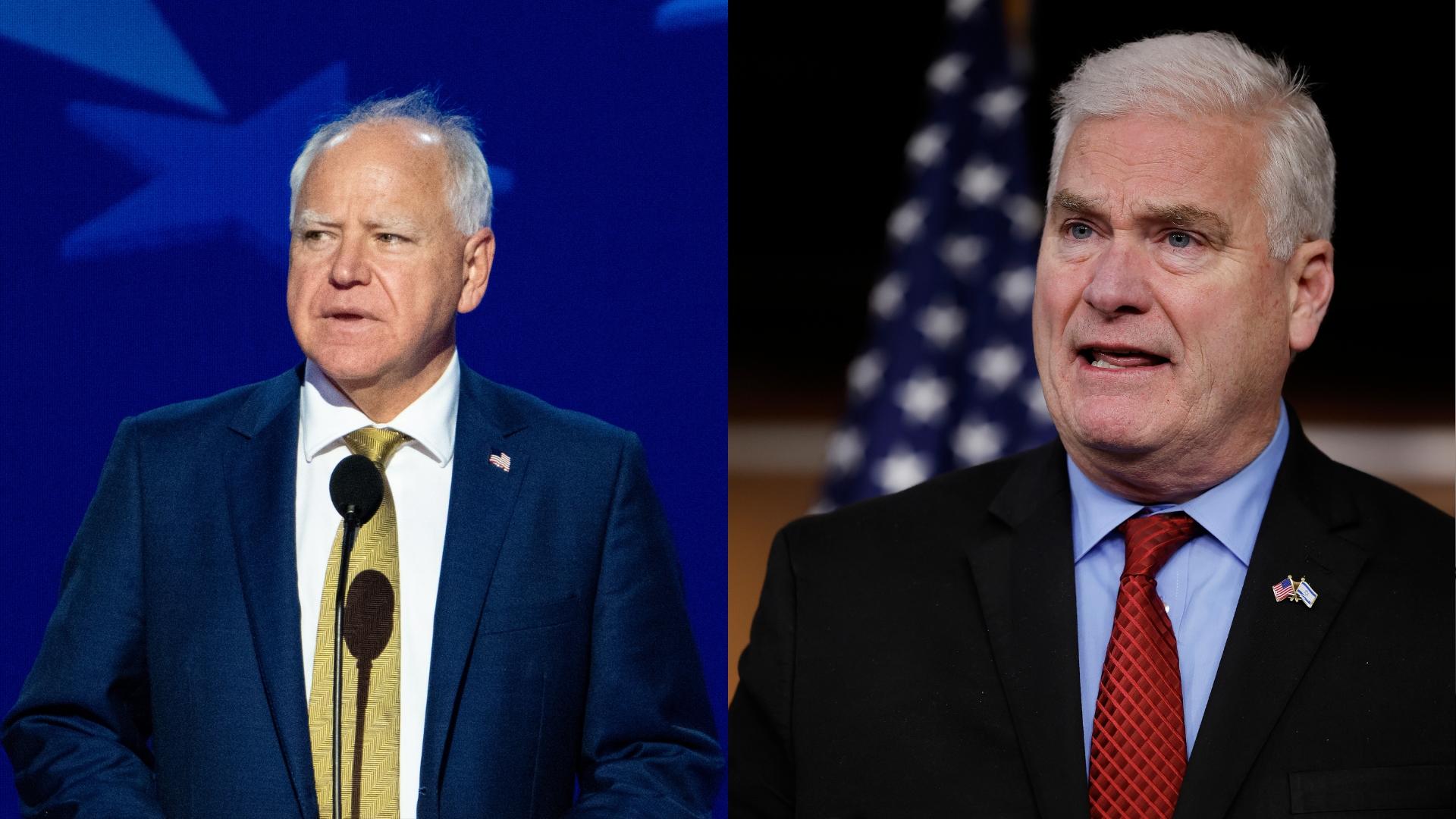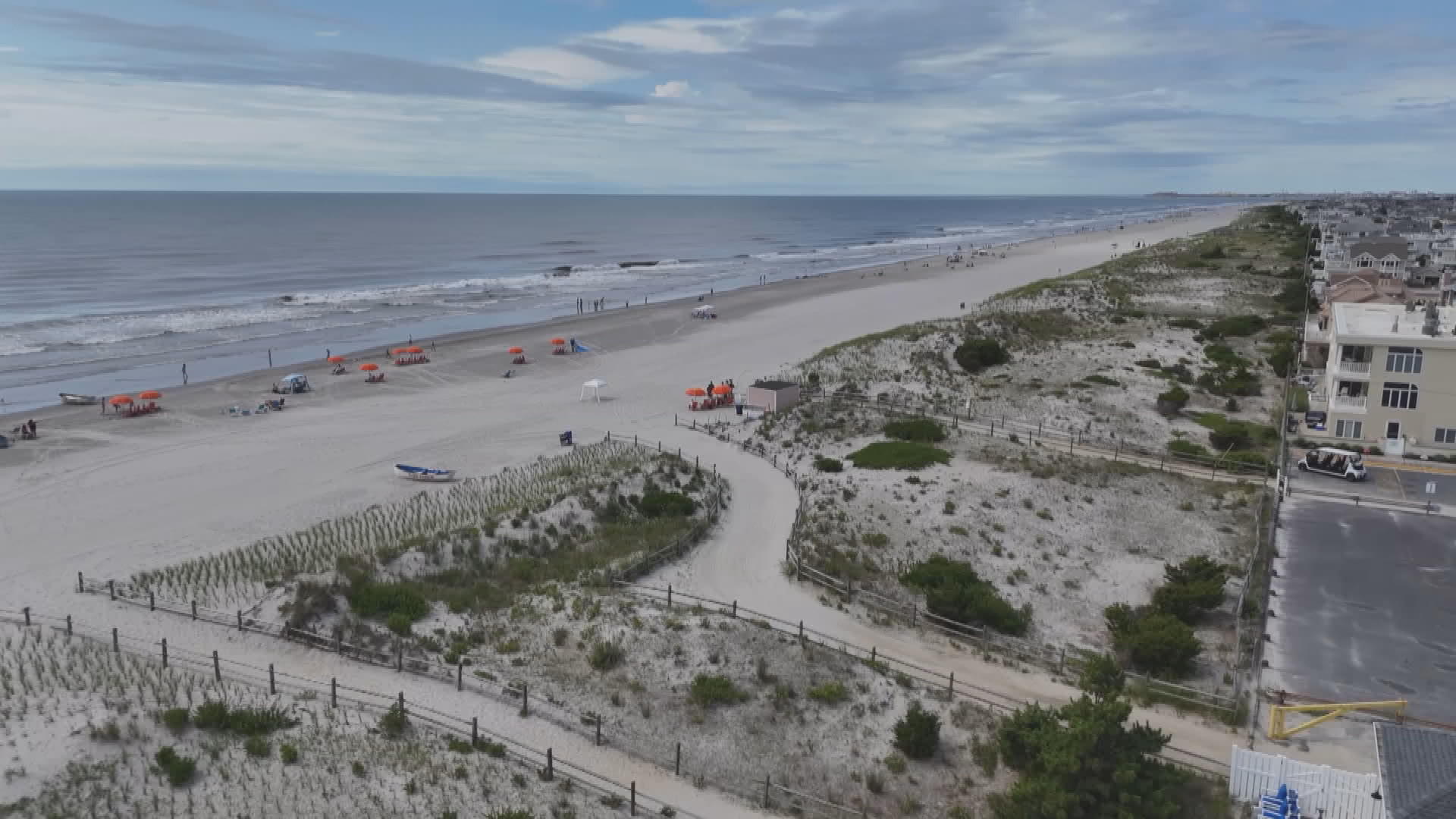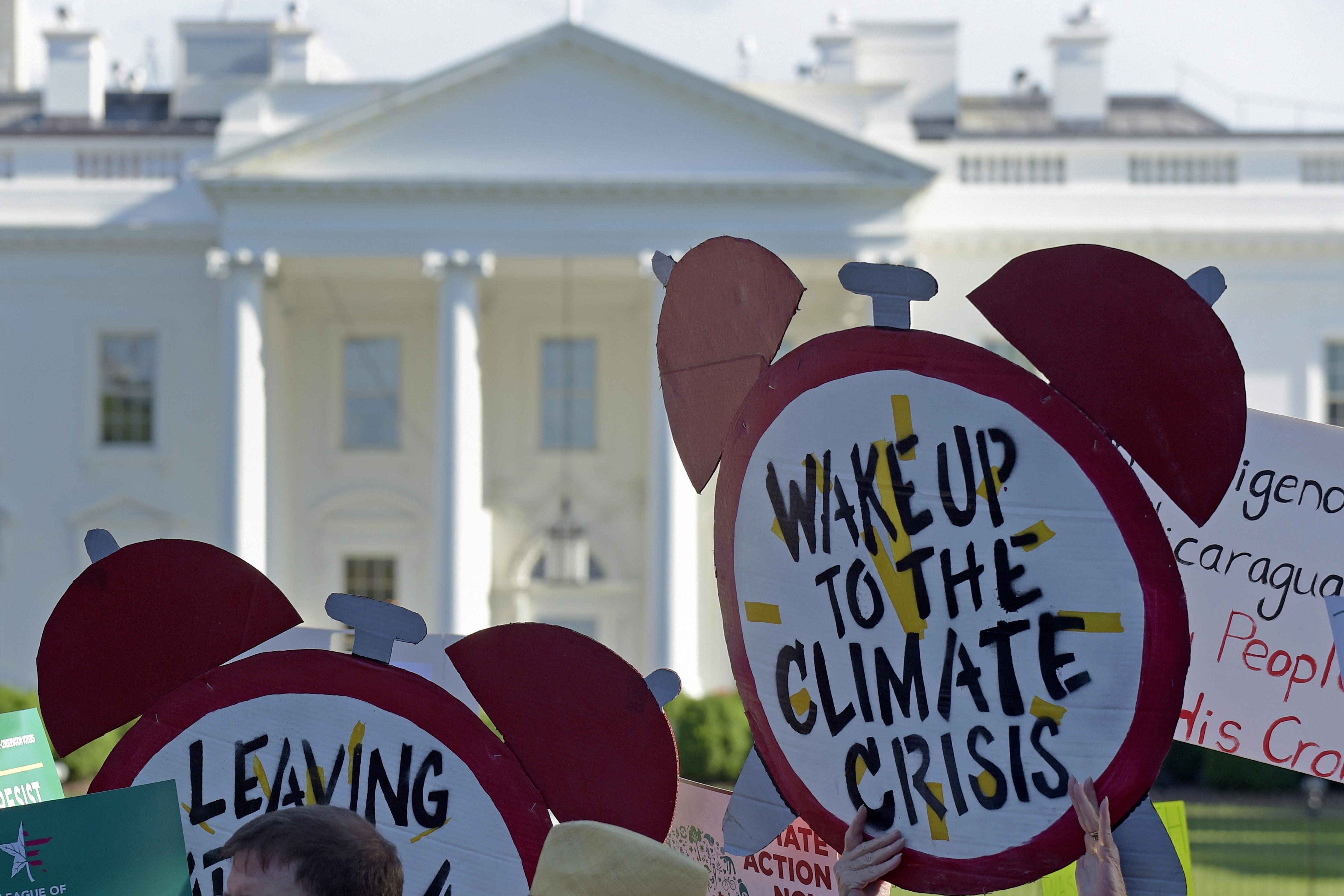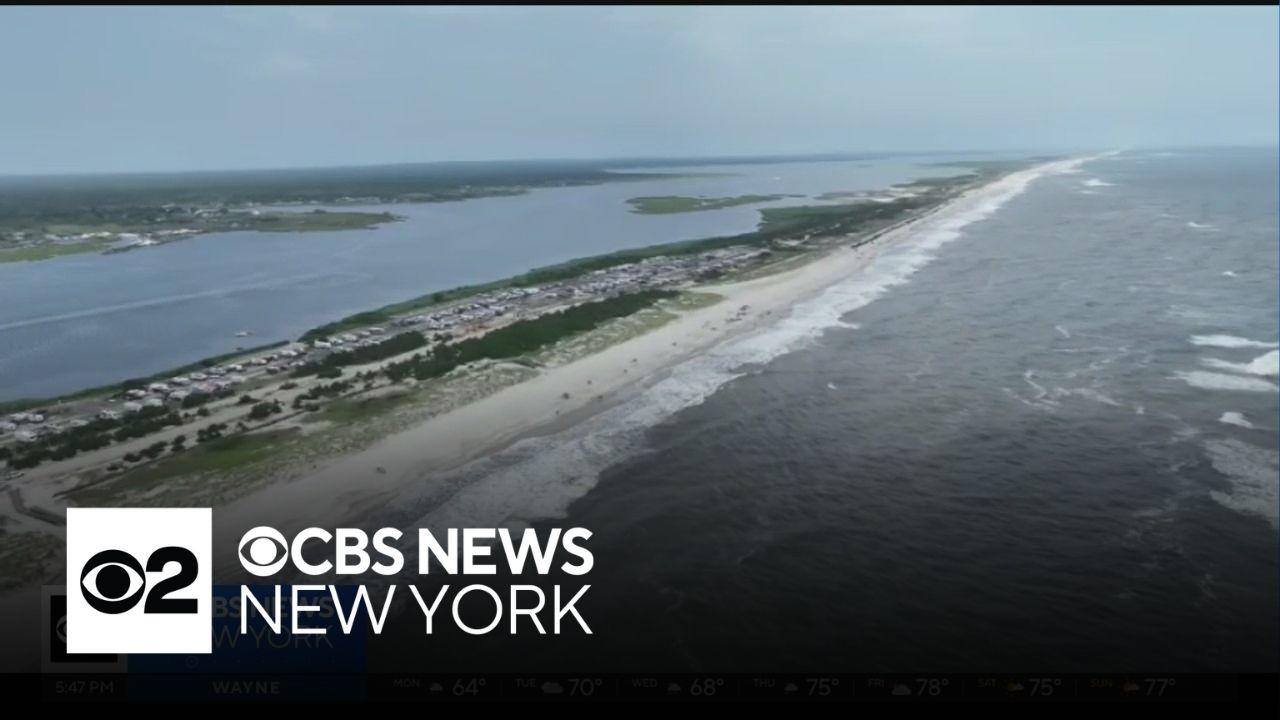Officials "dramatically underestimate" support from constituents
Marc Arnauch, a third-generation farmer from Colorado, once didn't believe humans could change the climate.
"Earlier in my farming career, I was a naysayer that man couldn't possibly change the climate," he said.
But after years of watching nighttime temperatures rise and rainfall patterns shift, Arnauch couldn't deny the impact climate change was having on his crops.
In Arnauch's congressional district, two-thirds are worried about climate change, 79% support funding research into renewable energy and 73% support regulating carbon emissions.
Still, when election season comes around, climate isn't his top concern. He plans to vote for Rep. Lauren Boebert, even though she's been an outspoken opponent of climate policies, famously dismissing the issue by claiming, "climate change occurs four times a year," referring to the seasons.
For Arnauch, other issues -- like his farm, family and the local economy, which relies heavily on farming and fracking -- take priority.
Arnauch story isn't unique. Lifelong Republican Larry Howe from Texas also finds himself at odds with his party on climate change, even as he agrees on many other issues.
Yale's polling data shows about 64% are worried about climate change in Texas, but Howe doesn't feel like his opinions on climate change align with his party.
At a recent town hall, Howe confronted his congressman, Rep. Pat Fallon, asking whether he would support climate education. Fallon instead urged caution, warning against "climate alarmism."
Texas party leaders, like Dallas GOP Chairman Allen West, have echoed these sentiments, pushing back against "extreme solutions" they believe could limit personal freedoms.
But Howe said he will be taking climate into account on election day.
"If you want my vote, you got to step up on climate and prioritize the issue," Howe said. "If you're not willing to act on something with so much evidence behind it, how can I trust you on other issues?"

